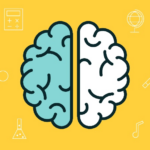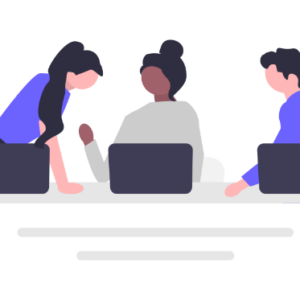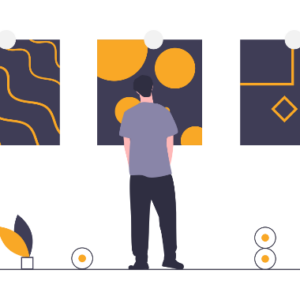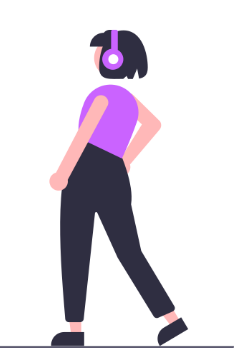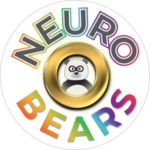Start Here if Overwhelmed
BBC TV series “A kind of spark” (10 episodes)
Reframing autism “autism essential” – Free online course
Autistic girls network – internal presentation of autism
What is Autism?
Autism is a word that describes part of the natural variation in how humans think and understand the world. Another word for variation is diversity. Many people have heard of the word biodiversity – this is the variation in living things (e.g. plants and animals).
 We know that our world and its environment is strongest when there is a great variety of plant and animal life – biodiversity is important for the survival of our world. We also know that different plants and animals have different needs. If they don’t have access to the thing’s they need to thrive, they can struggle to grow and develop properly.
We know that our world and its environment is strongest when there is a great variety of plant and animal life – biodiversity is important for the survival of our world. We also know that different plants and animals have different needs. If they don’t have access to the thing’s they need to thrive, they can struggle to grow and develop properly.
Take trees for example…



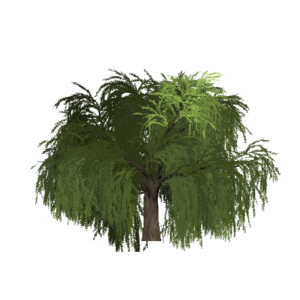
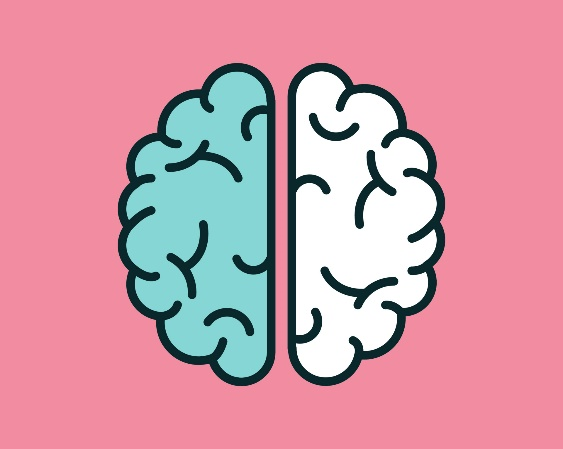


The human world is much stronger when we have diversity. Different brains contribute enormously to the world and help humans to be better at problem solving, coming up with new ideas and adapting to different challenges.
Autism is one kind of neurodiversity. Autistic people share some similarities in how their brains work.
For example, autistic people are often different from other people their age in
Just like trees, humans need an environment that suits their unique needs in order to thrive. Autistic people have the right to adjustments to take into account their strengths and the challenges they face growing up a world that’s made for the majority.
Below are some resources to help understand what autism is, written by autistic people themselves
YouTube video aimed at young autistic people at pre-school or primary school age to educate and increase understanding of their autistic experience.
www.youtube.com/watch?v=_490q6LaHIY
Amazing Things Happen
YouTube Video that introduces autism and aims to raise awareness for non-autistic young people. Great resource to share with parents and teachers.
amazingthingshappen.tv/?projects=amazing-things-happen
Immie’s Signs to Spot Autism
YouTube video where Immie discusses her diagnosis, experience in education, ‘masking’ and spotting undiagnosed autism.
www.youtube.com/watch?app=desktop&v=hqioYJGbpNs
The Key that Unlocked my World
Ted Talk by Elisabeth Wiklander in which she talks about her autistic experience and successful everyday life.
www.youtube.com/watch?v=Qvvrme5WIwA-
Understanding the Spectrum
A comic strip explanation of what autism is by Rebecca Burgess. Suitable for children and adults 8+.
https://the-art-of-autism.com/understanding-the-spectrum-a-comic-strip-explanation/
Autistic Self-Advocacy Network
Description of autism and what autistic people may have in common. Aimed at teenagers and adults.
Website: https://autisticadvocacy.org/about-asan/about-autism/
Neurodiversity Explained
A YouTube video explaining the ide of neurodiversity using Lego.
- 3 of the Biggest Autism Myths
https://www.autisticslt.com/autism-myths
This page debunks the myths surrounding social skills, empathy and theory of mind.
- Busting Myths Around Autism & Mental Health
Pavan is an 18-year-old Young Ambassador for the National Autistic Society and was diagnosed as autistic in 2018. They explain how their work helps defeat myths around autism and mental health.
Myth busting
- Autism Myths & Facts
https://www.ambitiousaboutautism.org.uk/what-we-do/awareness/autism-myths-and-facts
This page debunks many different myths and also provides some facts about autism.
- Debunking Autism Myths
https://patient.info/news-and-features/debunking-autism-myths
Debunking myths about autism based in the current research and why education surrounding autism is important.
- Debunking The Myths: Why Everything You Know About Neurodiverse Learners Is Wrong
This article discusses the concept of neurodiversity, list some of the most commonly believed myths, and offers advice on how to correct such assumptions.
- BBC: It’s time we dispelled these myths about autism
https://www.bbc.com/future/article/20151006-its-time-we-dispelled-these-myths-about-autism
These four misconceptions about autism are damaging and in desperate need of debunking, says Steve Silberman.
- Autism myths and causes
https://www.autistica.org.uk/what-is-autism/autism-myths-and-causes
Awareness of autism is growing, but there is still a lot of confusion around what autism is, what causes it and how it affects people in very different ways.

